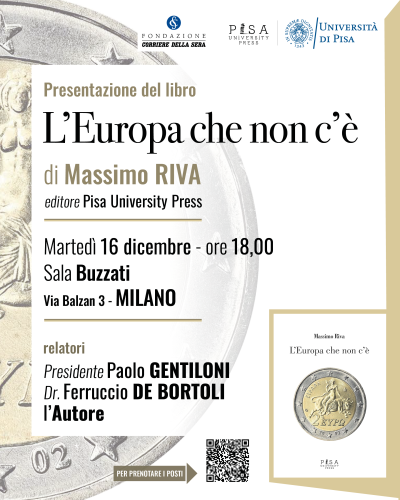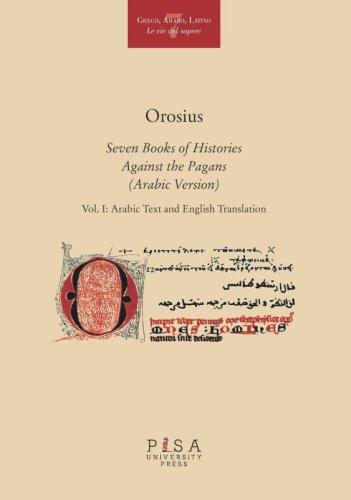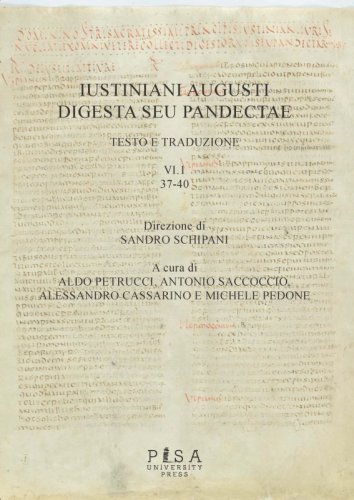Fisica
Società Italiana degli Storici della Fisica e dell'Astronomia
Atti del XL Convegno annuale
editore: Pisa University Press
pagine: 274
Abbiamo voluto dedicare la copertina degli Atti del XL Convegno SISFA, tenutosi on line nel settembre 2020, al superamento della separazione tra le due culture, un superamento che è alle radici della nostra disciplina e della nostra passione sia per la “storia” sia per la “fisica”.
Abbiamo scelto un’immagine dell’Hortus Deliciarum composto tra il 1169 ed il 1175 da Herrad von Landsberg (c.1125-1195) badessa, dal 1167 in poi, dell’abbazia di Hohenbourg (Monte Saint Odile) in Alsazia.
Il superamento della separazione tra le due culture è alle origini delle vicende che negli anni ‘60 e ‘70 hanno portato alla nascita del Gruppo Nazionale di Storia della Fisica, poi SISFA, nel 1981. È ancora un tema importante per la nostra disciplina.
I contributi al XL Convegno sono stati inquadrati secondo i classici temi. Si parte da un ricordo di Salvo D’Agostino (1921-2020), uno dei pionieri della nostra disciplina in Italia, amico e collega di molti di noi, e dalla commemorazione di Augusto Righi (1850-1920) nel centenario della morte, per passare poi a ricerche specifiche di storia della fisica, di filosofia della fisica, di storia della fisica per la didattica, e infine alla rilevanza della strumentazione e della museologia scientifica.
Three articles by Bruno Pontecorvo (1955-1956)
The beginning of Particle Physics at the Dubna SynchroCyclotron
editore: Pisa University Press
pagine: 48
This volume presents three papers by Bruno Pontecorvo translated from the original Russian edition. The physics results discussed in the papers have been obtained by Pontecorvo in the years 1955-56 at the synchrocyclotron of Dubna, in USSR, a proton accelerator that, at that time, was the most powerful particle-machine in the world. Thanks to the large energy available, important results have been obtained using secondary beams of charged pions interacting with hydrogen and deuterium. A detailed analysis of the data collected is presented in terms of the theoretical models available at that time, based on “Partial Waves Analysis” of the interaction cross sections. Moreover, a reanalysis of the negative-pion- proton cross-sections presented in the introduction, proves the existence of the Δ0-baryon particle, a member of the baryonic decuplet of the SU(3) symmetry group. The Δ-baryon family (Δ++, Δ+, Δ0, Δ-) represented an important milestone for the following developments in particle physics: the Gell-Mann Zweig quark-model and the introduction of the “color”: the new quantum number of the strong interaction theory: the “Quantum Chromodynamics”.
Translated from Russian edition by Gil Pontecorvo, JINR, Dubna
Introduction by Vincenzo Cavasinni and Paolo Rossi, Universit´a di Pisa
Se il risultato è contrario all'ipotesi
I manoscritti giovanili di Enrico Fermi, un tesoro dell'Università di Pisa
Autori vari
editore: Pisa University Press
pagine: 148
Il titolo di questa pubblicazione è ispirato da una frase di Enrico Fermi: “Ci sono soltanto due possibili conclusioni: se il risultato conferma le ipotesi, allora hai appena fatto una misura; se il risultato è contrario alle ipotesi, allora hai fatto una scoperta”. Già, le scoperte spesso si fanno proprio guardando oltre.
Nelle pagine che precedono le riproduzioni anastatiche degli scritti di Fermi, un vero e proprio tesoro custodito dall’Università di Pisa, leggerete di un giovane molto dotato che si laurea con lode in Fisica all’età di 21 anni che però, nel suo soggiorno pisano, quando non frequenta le nostre aule è attivo protagonista di imprese insospettabili.
Finanza quantitativa e modelli matematici
di Giuseppe Curci
editore: Plus - Università di Pisa
pagine: 416
Il testo è stato tratto direttamente dalle lezioni tenute durante il corso di Fisica e Finanza dal compianto Giuseppe Curci ne
Meccanica relativistica e analitica
Compendio con 350 esercizi svolti
di Paolo Rossi
editore: Plus - Università di Pisa
pagine: 388
Il testo ha lo scopo di fornire agli studenti del secondo anno di un tipico Corso di laurea della Classe di Scienze e Tecnolog











